The Martin Luther King Jr. holiday on Jan. 20, 2020, marks the 34th anniversary of the day of service that celebrates the Civil Rights leader’s life and legacy. The holiday, known as “a day on, not a day off” encourages people to use their day off work to dedicate time to improving their community. But the journey to creating this holiday was a long, tumultuous one. It met with much resistance from many people, including those who considered honoring Dr. King in the same category as honoring leaders of the Confederacy. This began an epic struggle to get the day declared a holiday. The push for the holiday was led by Stevie Wonder and some of the biggest names in music—from Bob Marley to Carlos Santana. They fought the resistance of conservative politicians, including President Reagan and many of his fellow citizens. Wonder put his career on hold, led rallies from coast to coast and galvanized millions of Americans with his passion, but the struggle took almost 15 years.

The first push for the holiday took place days after Dr. King’s assassination, but the request was denied. The bill was introduced by Congressman John Conyers, one of the only black members of Congress at the time. He continued year after year to push for the same bill, gaining more support each year. For the next 10 years, there was little movement on the bill.
Slowly, things began to change. By that time, the Congressional Black Caucus had collected over six million signatures in support of the holiday. In 1979, President Jimmy Carter, who had been elected with the support of the unions, endorsed the bill to create the holiday. But Congress was at a deadlock- and the future of the bill looked bleak.
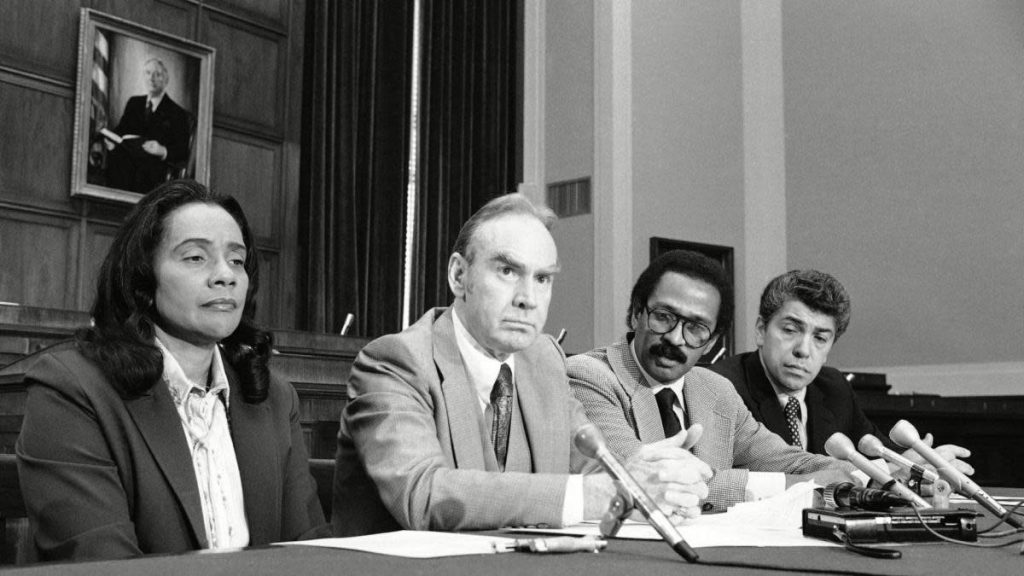
Stevie Wonder was already a sensation, known for his complex rhythms and socially conscious lyrics. In the early years after the assassination, Wonder was going to record himself singing the traditional “Happy Birthday” song to Dr. King, but he didn’t know the music. It was then, according to producer Malcom Cecil, that Wonder wrote the hook to the “Happy Birthday” song we all know and love, below.
In the summer of 1979, Wonder called Coretta Scott King, telling her, “I had a dream about this song. And I imagined in this dream I was doing this song. We were marching—with petition signs to make for Dr. King’s birthday to become a national holiday.”
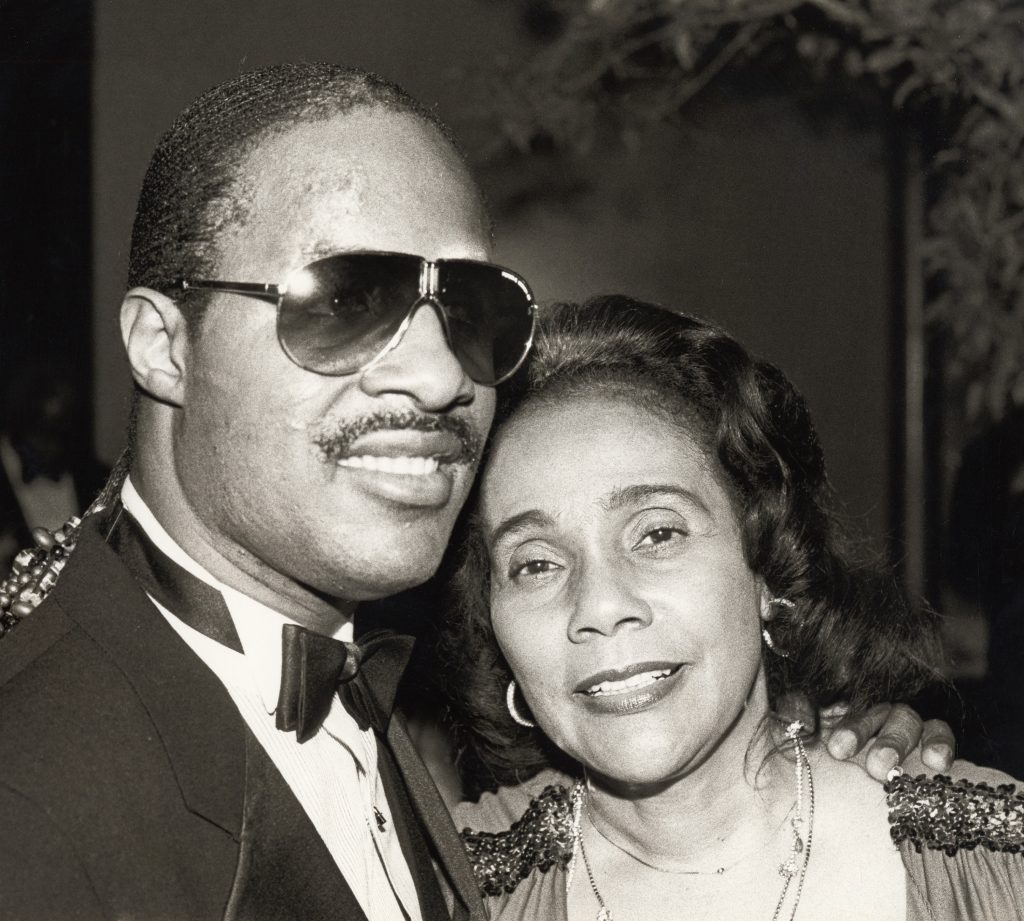
King was touched but she didn’t have much hope, telling Wonder, “I wish you luck, you know. We’re in a time where I don’t think it’s going to happen.” That August, during a memorable appearance with Barbara Walters on 20/20, Wonder played “Happy Birthday” on the keyboards, announcing that he would soon start a four-month tour with Bob Marley that would lead into a mass rally to push for the holiday.
But the tour itself was full of tragedy of its own. From Bob Marley having to quit the tour due to his cancer diagnosis (which he died from 6 months later), to having to announce John Lennon’s killing to an audience where he played with Santana. By the time they arrived in Washington to play for an MLK rally on January 15th, 1981, no one was expecting much of a turnout for a cold, chilly day surrounding the inauguration of Ronald Regan as president. An unexpected 100,000 attendees showed up, and Stevie Wonder made a speech imploring the nation to honor Dr. King.
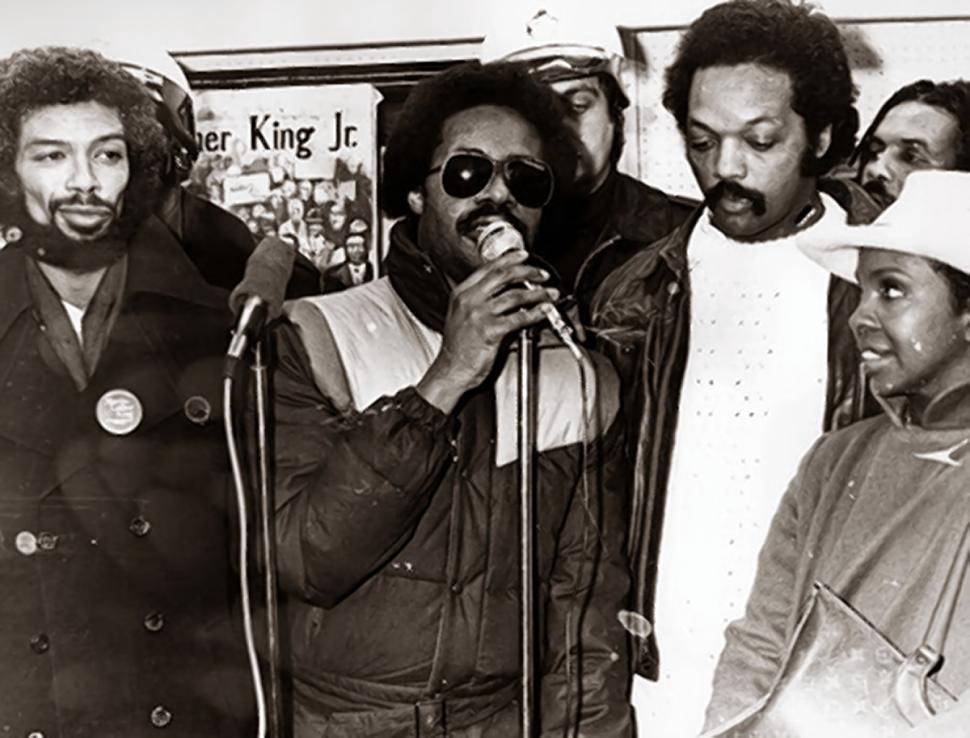
When the legislation once again made it to the floor, it was filibustered by Jesse Helms, the Republican Senator from North Carolina. As Helms pressed to introduce FBI smear material on King—whom the agency had spent years trying to pinpoint as a Communist and threat to the United States during the height of his influence—into the Congressional record, tensions boiled over. Daniel Patrick Moynihan, the Senator from New York, brought the materials onto the floor, then dropped them to the ground in disgust in a pivotal moment of the debate. The bill passed with ease the following day (78-22) and President Ronald Reagan immediately signed the legislation.
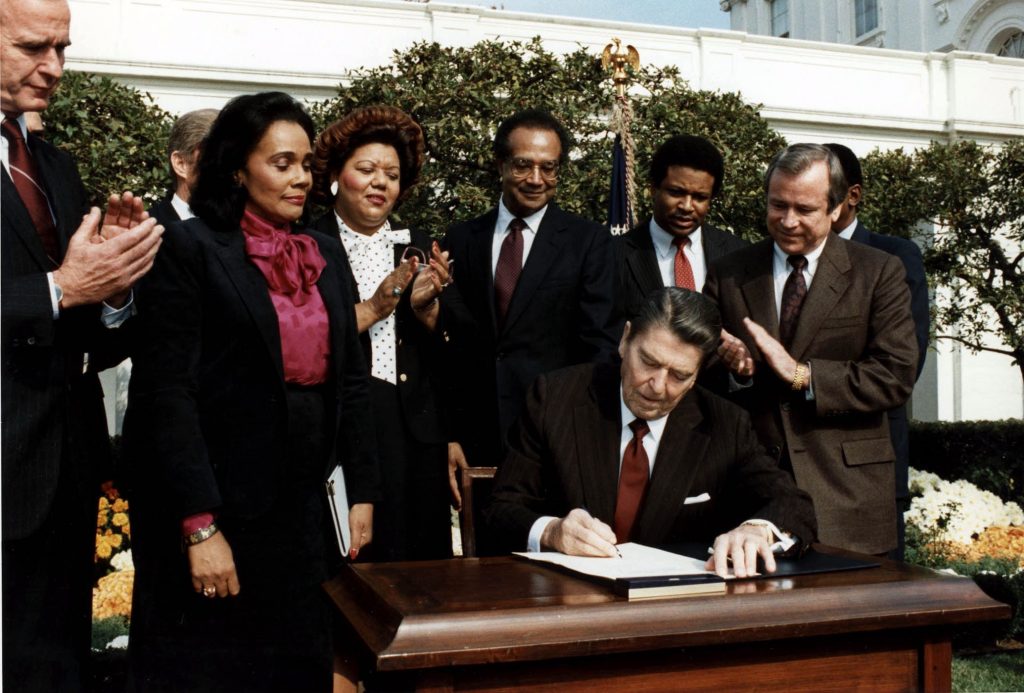
But though the first federal holiday was celebrated in 1986, it took years for the observance to filter through to every state. Several Southern states promptly combined Martin Luther King, Jr. Day with holidays that uplifted Confederate leader Robert E. Lee, who was born on January 19. Arizona initially observed the holiday, then rescinded it, leading to a years-long scuffle over whether to celebrate King that ended in multiple public referenda, major boycotts of the state, and a final voter registration push that helped propel a final referendum toward success in 1992.
It wasn’t until 2000 that every state in the Union finally observed Martin Luther King, Jr. Day. Today, the holiday is still celebrated in conjunction with a celebration of Confederate slaveholders in some states—but after three decades of contention and controversy, at least it’s observed.
Stevie Wonder continues to celebrate King’s birthday with frequent performances. On November 24, 2014, he was honored with the Congressional Medal of Freedom at the White House by President Obama, who told the singer that the first record he ever bought was by Wonder.
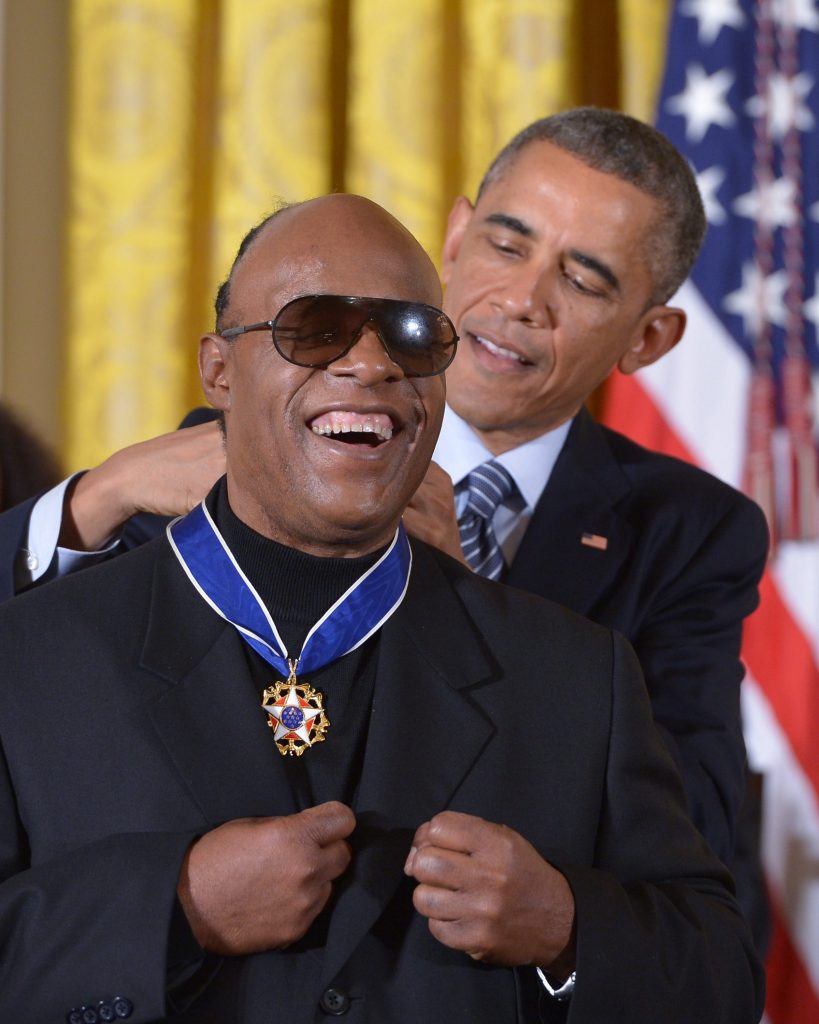
 Food
Food Farmers
Farmers Sustainable Living
Sustainable Living Living Planet
Living Planet News
News